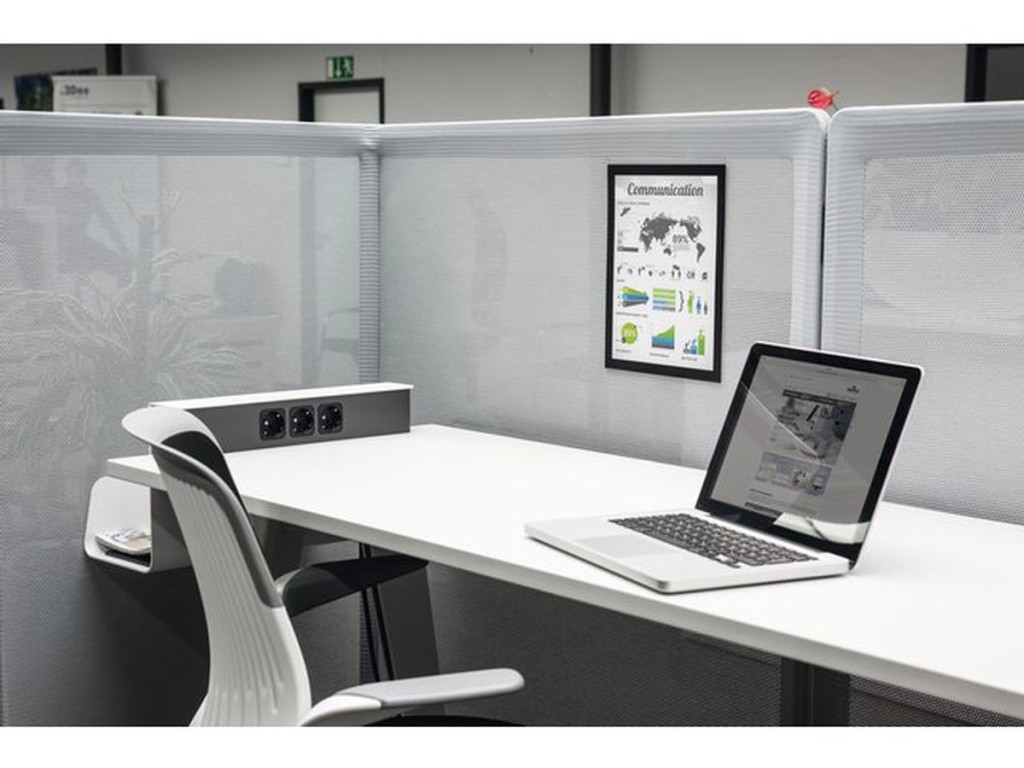

Killer Job Interview Tips Straight From The Experts
May 13, 2016Job interviews can be very scary and high-pressured places. You generally only get one shot at making a good impression so it’s important to get it right. We spoke with Lee Biggins, founder and managing director of CV-Library, for his killer job interview tips for those on both sides of the table. Here’s what he had to say:
What do you think are some of the biggest mistakes employees make when being interviewed?
In today’s digital age where employees have a wealth of information at their fingertips, it’s frustrating to see how many are turning up to job interviews completely unprepared; the most important thing a candidate can do before going to an interview is research the company, but many are still failing to do so.
Pre-interview research gives employees a better understanding of the company and the role, and it means that time is less likely to be wasted.
Candidates who haven’t researched their potential employer may realise in the interview that the role or company won’t be a good fit – wasting both their own time and the interviewer’s.
And finally, many employees make the mistake of either saying too much, or not saying enough; candidates should avoid rambling and veering off-topic when answering the interviewer’s questions, as this can make them seem unfocused and distracted.
But worst of all is when candidates choose to say nothing; there’s often a portion of the interview where employees can take the reins and ask any questions.
Saying nothing and having no questions to ask often makes a candidate seem uninterested, and can damage their chances of landing the job.
Read more: 3 Easy Ways To Reduce Employee Happiness & Productivity… And How To Avoid Them
Similarly, what mistakes do employers often make when interviewing for new staff?
There’s no denying that recruitment professionals are working within a busy, fast-paced environment; and while this isn’t necessarily a problem, it does mean that they don’t always have time to research each candidate thoroughly before the interview.
Unfortunately, this means that the interview isn’t always as structured as it could be, or that the right questions aren’t asked.
Read more: 8 Bad Work Habits You Find In Every Office
If recruiters are dealing with multiple interviews and candidates to fill a role, it’s easy for potential employees to blur into one, and this often makes comparing candidates difficult when it comes to the decision making-stage.
And then there’s the fact that some recruiters forget to follow up after an interview, or don’t do so quickly enough, meaning that a potential hire loses interest and looks elsewhere.
It’s important that interviews are tailored to each candidate, and that they’re as concise as possible; otherwise you could end up losing talented recruits.
What are your top 5 job interview tips?
1. Know what you’re looking for – ensure you know the role inside out, and know what skills and qualities you’re looking for.
2. Be realistic about who you can hire – while everyone wants to hire the biggest superstar out there, it might not always be possible. Ensure you’re not passing up on perfectly qualified candidates because you’re waiting for a superhero who isn’t going to appear.
3. Research the candidate beforehand – there’s nothing worse for candidates than an interviewer who hasn’t taken the time to read over their CV beforehand. It can come across as you being uninterested and rude, and could cost you a great candidate, as well as damaging your brand and reputation.
4. Keep the hiring process simple – think about how many people will be involved in the process, and how many rounds of interviews you’ll do, and keep it as short and simple as possible.
5. Keep communication channels open and give honest feedback – even if the answer is ‘no’, be sure to communicate effectively with the interviewee. It’s important to keep any relationships as positive as possible, and ensure that your company’s reputation isn’t damaged.
How has the interview process changed over recent years?
The interview process has changed dramatically over recent years, and it’s likely to continue evolving over the years to come.
Where interviews would once have been rigid, formal meetings in which candidates could expect to be grilled and tested, many employers now choose to take a more relaxed approach, where potential employees will have the chance to take the lead, asking questions, and assessing the company.
Read more: The Best Productivity Apps For Work
Today’s workers now place more importance on career progression and the culture of a company and its values, and while salary is still an important part of the recruitment process, it’s no longer everything.
And interviews today are undoubtedly the most progressive they’ve ever been, with the rise of video and phone interviews; employers and candidates are now able to connect in ways that were never before possible.
Where do you see it going in the future?
I think that we’ll see candidates taking even more control of the interview process in the future; as the job market faces more economic uncertainty and talented candidates have more leverage, it’s plausible that the recruitment process will become less regimented.
Where interviews used to be a one-way exchange, it’s likely that they’ll continue to evolve into a two-way process where employers and candidates will be on equal footing, ensuring that the best candidate for the job is hired.
If you’re looking for a new opportunity, give these job interview tips a try! Good luck!



